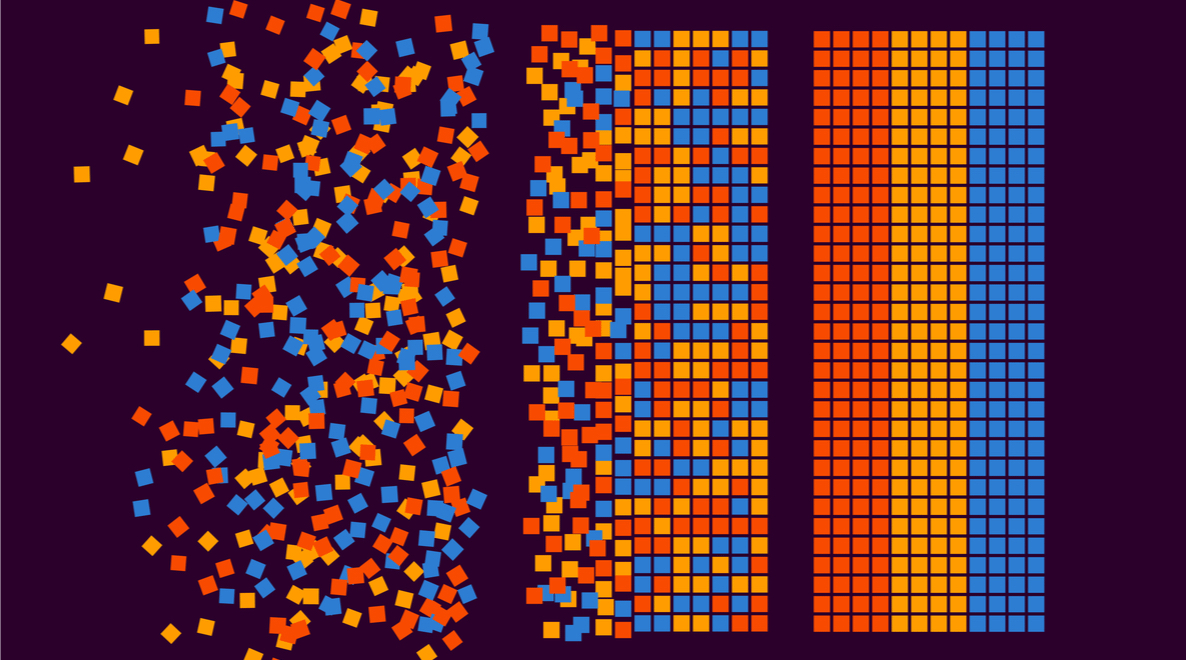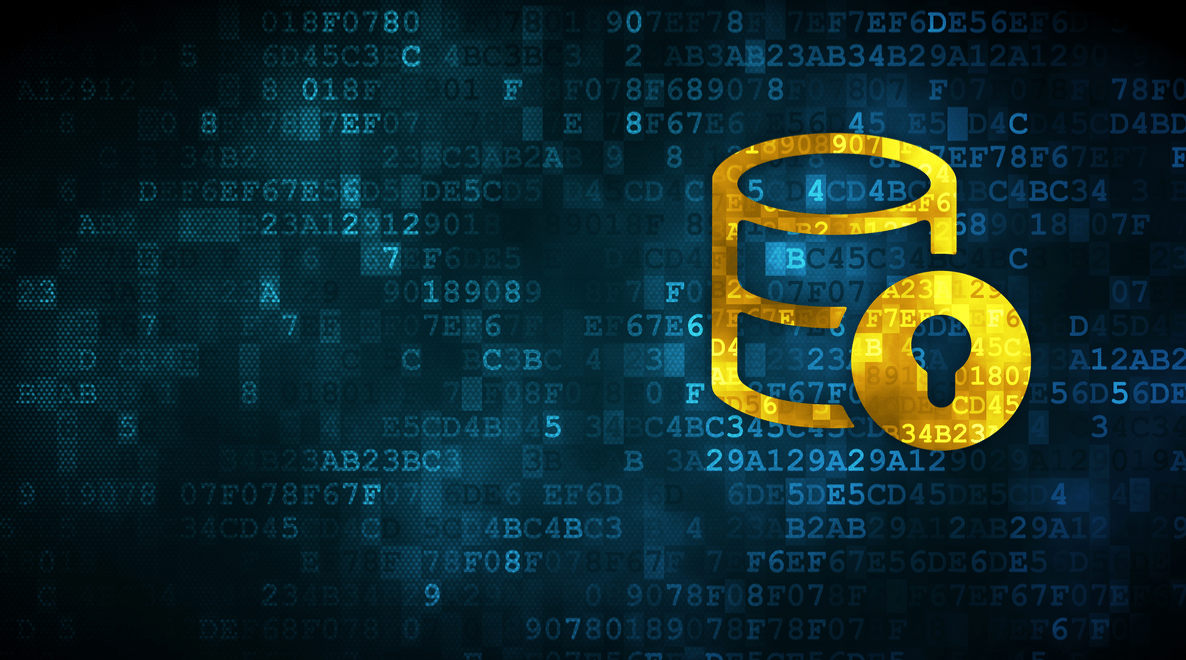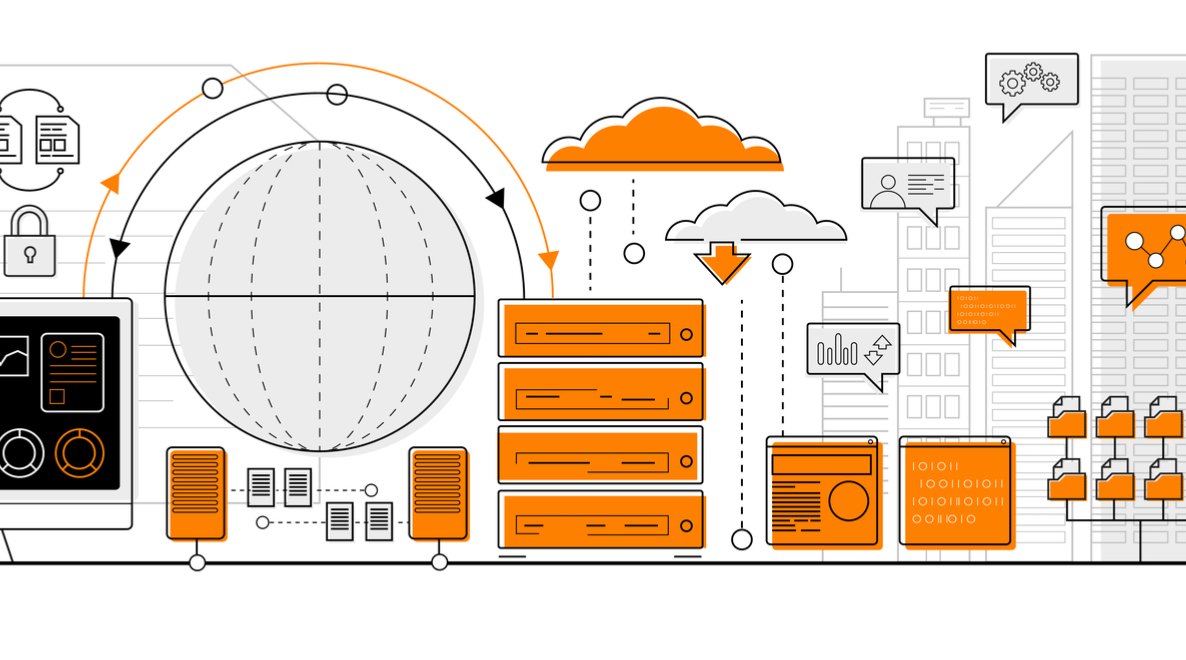If you’re ready to jump straight into a bachelor’s degree in big data, we’ve compiled a number of rankings to help you get started.
Our Best Online Bachelor’s in Big Data Degrees ranking is perfect for students who want the flexibility and convenience of distance education. We’ve also highlighted the top programs for traditional, residential bachelor’s degrees in our Best Bachelor’s in Big Data Degrees ranking.
Bachelor’s degrees aren’t the only programs offered in big data, though. Here are all of your academic options in this field.
Certificates
Certificate programs in big data or data science are not common at the undergraduate level. However, you can still get a feel for the big data industry without committing to a full-fledged degree program. Many colleges and universities offer undergraduate certificates in computer science.
Although these certificates cover more ground than a data-specific program, you can still take classes in statistics, applied mathematics, and other areas that are foundational to the study of big data. An undergraduate certificate in computer science or a related field typically requires nine to 15 credit hours.
Associate’s Degrees
Options for associate’s degrees in big data are also fairly limited. If you’d like to try out some data science topics, but aren’t ready to commit to a bachelor’s program, you can consider earning an Associate of Science in Computer Science.
These degrees often include coursework in topics that are directly tied to big data. At the associate’s level, you might take classes in database management systems, data abstraction, and algorithms and data structure. If this is an option that interests you, visit our ranking of the 25 top associate’s in computer science degrees.
If you want to go directly into big data, the fastest route will likely be a bachelor’s degree program.
Bachelor’s Degrees
Some of the most common undergraduate degrees in big data include a Bachelor of Science in Data Science and a Bachelor of Computer Science in Data Analytics.
Students who are interested in the finance, economics, or marketing aspects of data science can look for a Bachelor of Business Administration in Business Analytics program.
Most undergraduate degrees require roughly 120 credit hours, depending on how the school structures their units. Students working a part-time or full-time job may be interested in an online bachelor’s in big data degree. An online degree will generally be much more flexible and convenient than a traditional on-campus program.
Typical coursework for a B.S. in Data Science might include classes such as:
- Probability and Statistics
- Computational Stochastic Modeling
- Business Data Warehouses and Dimensional Modeling
- Machine Learning and Data Mining
- Data Analysis and Visualization
Master’s and Doctorate Degrees
Master’s degrees in data science are not as common as bachelor’s degrees. Most big data occupations will require only a Bachelor of Science or a Bachelor of Computer Science as the minimum education level. The exception might be for managerial or supervisory roles within a large financial or technological firm.
If you do wish to pursue graduate study, the most common degree options are a Master of Science in Data Science or a Master of Business Administration in Business Analytics or a related field.
There are a few doctoral degree options as well. The most common doctoral academic program is one that leads to a Ph.D. in Data Science, in Data Analytics and Statistics, or in Computational and Data Sciences. These degrees are typically not required for any industry jobs except university professors who plan to teach and pursue an academic career in data science research.











